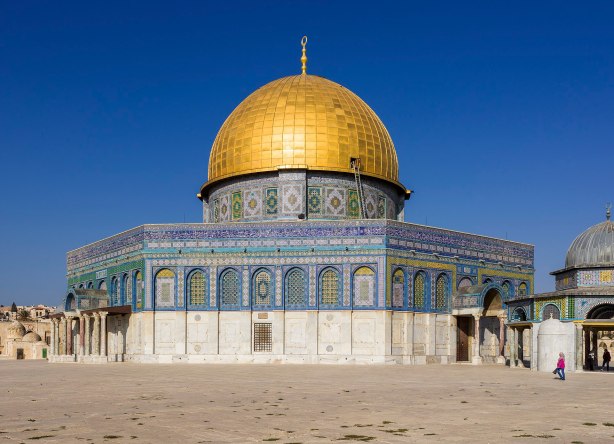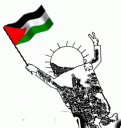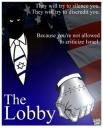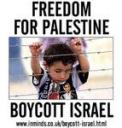The  again reported on Israeli Apartheid – but they failed to give the story the appropriate title.
again reported on Israeli Apartheid – but they failed to give the story the appropriate title.
The story’s title in the Economist is “The Land of Zion.” Personally, I believe stolen lands must not be awarded to theives who stole them. This evidence is available from articles produced by many writers, papers and in some cases, even Israelis themselves. Here’s a few – and more can be found on this blog as well:
- A Democracy called Israel
- Ethnic Cleansing in 1948
- Expansionists and terrorists – Yes, Israel
- Breaking U.S. Taboo of criticizing Israel
- Stolen Lands
WHEN the Jewish National Fund (JNF) was set up a century ago, its mission was to buy land in Palestine for settling Jews there, with the coins that diaspora Jews the world over put into the fund’s distinctive blue-and-white collection boxes. Now the fund is fuelling the tension inherent in Israel’s desire to be both a Jewish state and a democracy. This week a court gave the JNF three months to conclude a deal with the Israel Lands Administration (ILA) on how the fund’s land is managed.
The JNF owns nearly 2.6m dunums (2,600 square km), 13% of Israel’s land, and its covenant states that the land can be leased only to Jews
The JNF owns nearly 2.6m dunums (2,600 square km), 13% of Israel’s land, and its covenant states that the land can be leased only to Jews; most land in Israel can only be leased, not sold outright. Arab Israelis who have tried to acquire homes on JNF land have been refused, sometimes after they have signed contracts and paid deposits. But most of the actual leasing of JNF land—as with almost all the land in Israel—is done by the ILA. Three years ago a group of Arab Israelis petitioned the high court, arguing that the ILA, as a government body, discriminates illegally by following the fund’s Jews-only rule.
Jews still owned only 6% of the land when the British Mandate for Palestine ended.
The fund argues that it is a private body doing what its contributors gave it money to do: buy land for Jews. Its critics counter that at least half of the fund’s lands were not bought this way, but were seized by the state after their Palestinian owners fled the war that accompanied Israel’s birth in 1948; they were then sold to the fund for a token sum. Jews still owned only 6% of the land when the British Mandate for Palestine ended.
There is controversy over the amounts, but between 1949 and 1953 the fund did obtain either 1.25m (its version) or 2m dunums this way, for a price then equal to somewhere between $4 and $18 per dunum. It says it paid “market value”. That may conceivably have been so, after the creation of the state suddenly made a lot more land easily available to Jews, but it was certainly lower than the going rates of tens to hundreds of dollars per dunum in the run-up to Israel’s birth.















[…] The New Inquisition The Land of… whom? […]